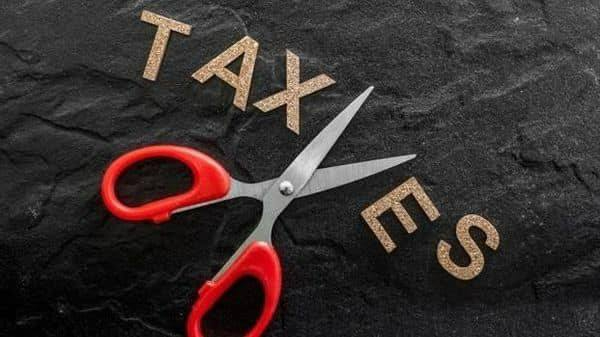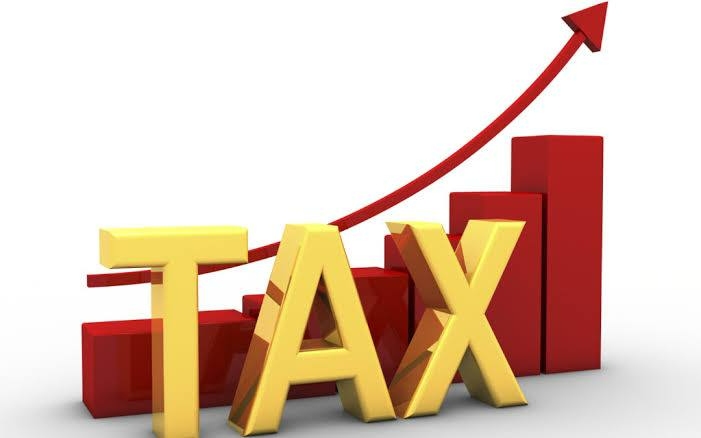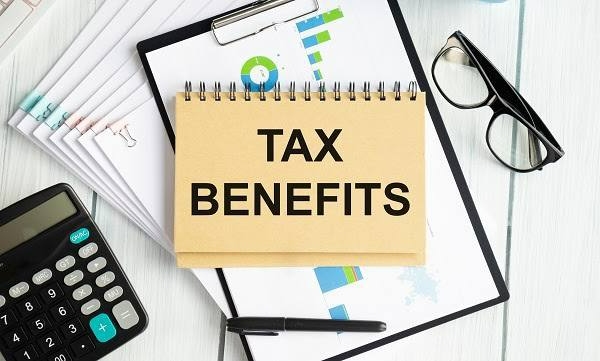Taxes to Skyrocket as Trump-Era Tax Cuts Are Set to Expire

Taxes to Skyrocket as Trump-Era Tax Cuts Are Set to Expire
Why the Change?
Experts Opinion
Income Tax Rates
The Top Individual Tax Rate
The Standard Deduction
Post TCJA Tax Deductions
Estate Tax Exemptions
Double Estate and Gift Tax Exemption
Tax Rates and Family Benefits
It Will Affect Small Enterprise Owners
Self-Employed People Who Qualify for the Business Deduction
What To Do?
MOST POPULAR
-
Dinosaur Embryo Discovered Inside 72-Million-Year-Old Egg
March 22, 2024 -
Some Countries With Strict Anti-LGBTQ+ Laws
March 22, 2024 -
New Study Reveals Underground Climate Change Below Populated U.S. Cities
March 18, 2024 -
Truckers Show Support for Trump, Boycott NYC Amid $355 Million Civil Fraud Ruling
April 17, 2024 -
Did Oswald Act Alone? Chilling Testimonies From JFK’s Assassination
March 9, 2024 -
CRFB Reveals How Much National Debt Trump Incurred in His Presidency
April 19, 2024 -
Americans Think Both Biden and Trump Would Not Make Good Presidents
April 16, 2024 -
Here’s Why Young American Males Don’t Want a College Education
May 18, 2024 -
Baltimore Mayor Accuses Racists of Weaponizing DEI Language
April 15, 2024 -
Federal Judge Suggests Trump Might Incite Another Riot Like January 6
April 18, 2024














